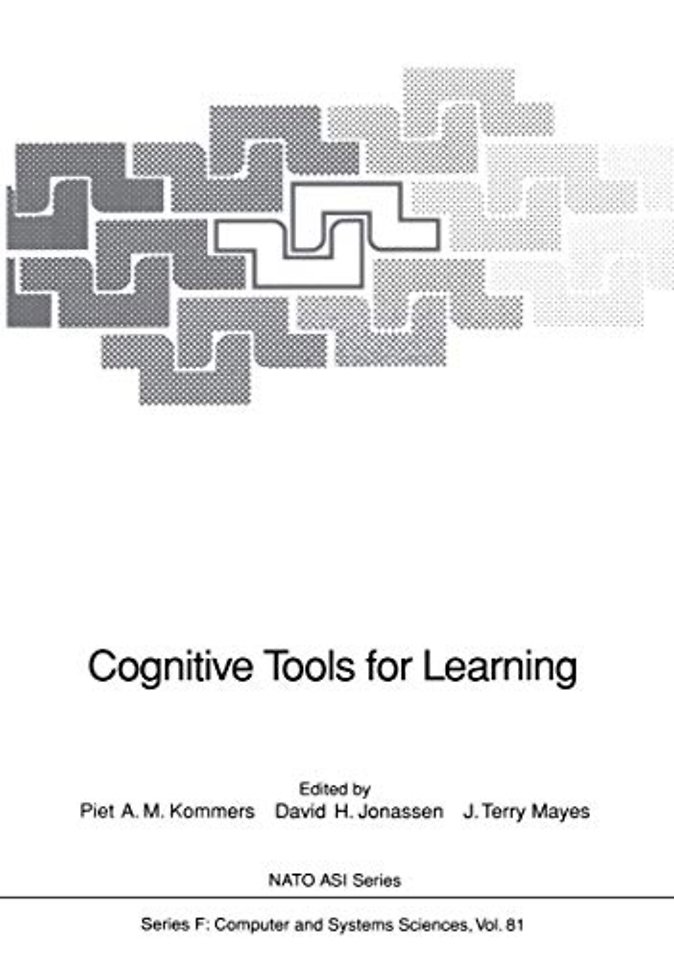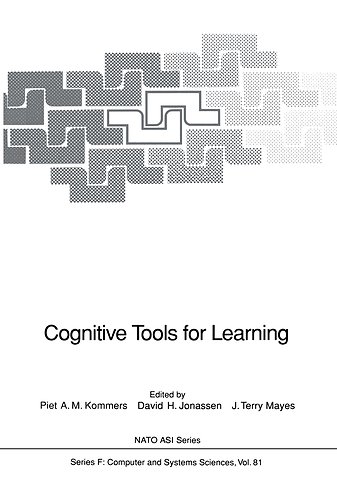Cognitive Tools for Learning
Paperback Engels 2011 9783642772245Samenvatting
Hypermedia technology needs a creative approach from the
outset in the design of software to facilitate human
thinking and learning. This book opens a discussion of the
potential of hypermedia and related approaches to provide
open exploratory learning environments. The papers in the
book are based on contributions to a NATO Advanced Research
Workshop held in July1990 and are grouped into six
sections:
- Semantic networking as cognitive tools,
- Expert systems as cognitive tools,
- Hypertext as cognitive tools,
- Collaborative communication tools,
- Microworlds: context-dependent cognitive tools,
- Implementing cognitive tools.
The book will be valuable for those who design, implement
and evaluate learning programs and who seek to escape from
rigid tactics like programmed instruction and behavioristic
approaches. The book presents principles for exploratory
systems that go beyond existing metaphors of instruction and
provokes the reader to think in a new way about the
cognitive level of human-computer interaction.
Specificaties
Lezersrecensies
Inhoudsopgave
Rubrieken
- advisering
- algemeen management
- coaching en trainen
- communicatie en media
- economie
- financieel management
- inkoop en logistiek
- internet en social media
- it-management / ict
- juridisch
- leiderschap
- marketing
- mens en maatschappij
- non-profit
- ondernemen
- organisatiekunde
- personal finance
- personeelsmanagement
- persoonlijke effectiviteit
- projectmanagement
- psychologie
- reclame en verkoop
- strategisch management
- verandermanagement
- werk en loopbaan

